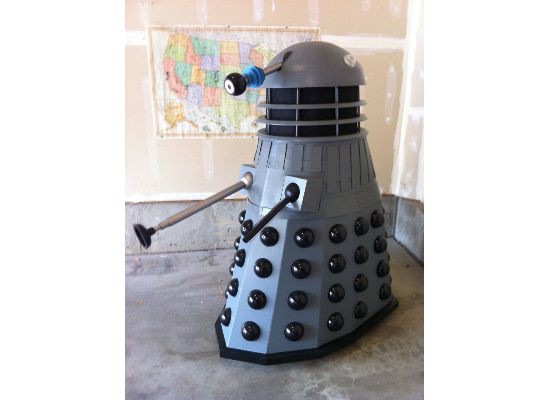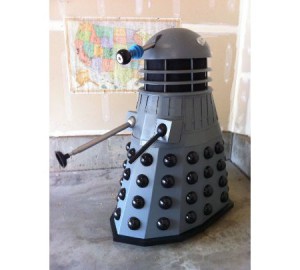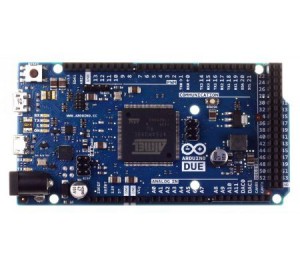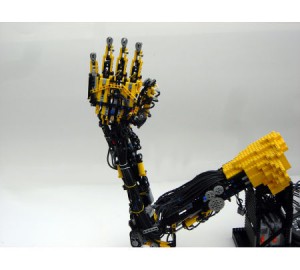
General
This module provides high level view on the design of mechatronic and automation systems. Applications and types of such systems are discussed. Main components of mechatronic design are introduced, including mechanical design through specialised software, sensors and actuators, control design, and software development for real-time implementation. Theoretical material is illustrated by practical laboratory sessions on real-time design.
Aims
- To develop understanding of main principles of robotic, industrial automation and mechatronics systems including mechanical design, sensors, actuators, control strategies and software development.
- To extend the students’ knowledge of the analytical techniques of mechanism design and analysis with a control design and optimisation using advanced computer-aided methods.
- To further develop the ability and skills in engineering problem solving related to motion and control.
- To develop the knowledge and skills required to integrate computer technology to a mechatronic product.
Learning Outcomes
On successful completion of the module, students will be able to:
- Discuss coherently the main principles of mechatronics and control and their application in automation.
- Analyse the functions of structures such as robots and their embedded systems such as sensors and actuators.
- Apply design process, enumeration to mechanical mechanisms such as automotive, robotics etc. and analysis of their structural characteristics.
- Use specialised software to analyse, simulate and develop real time implementation of the designed mechanisms.
- Apply appropriate procedures to build dynamic models of robotics systems and design feedback control algorithms.
- Apply advanced techniques such as fuzzy logic, artificial neural networks and adaptive control to optimise automation processes.



